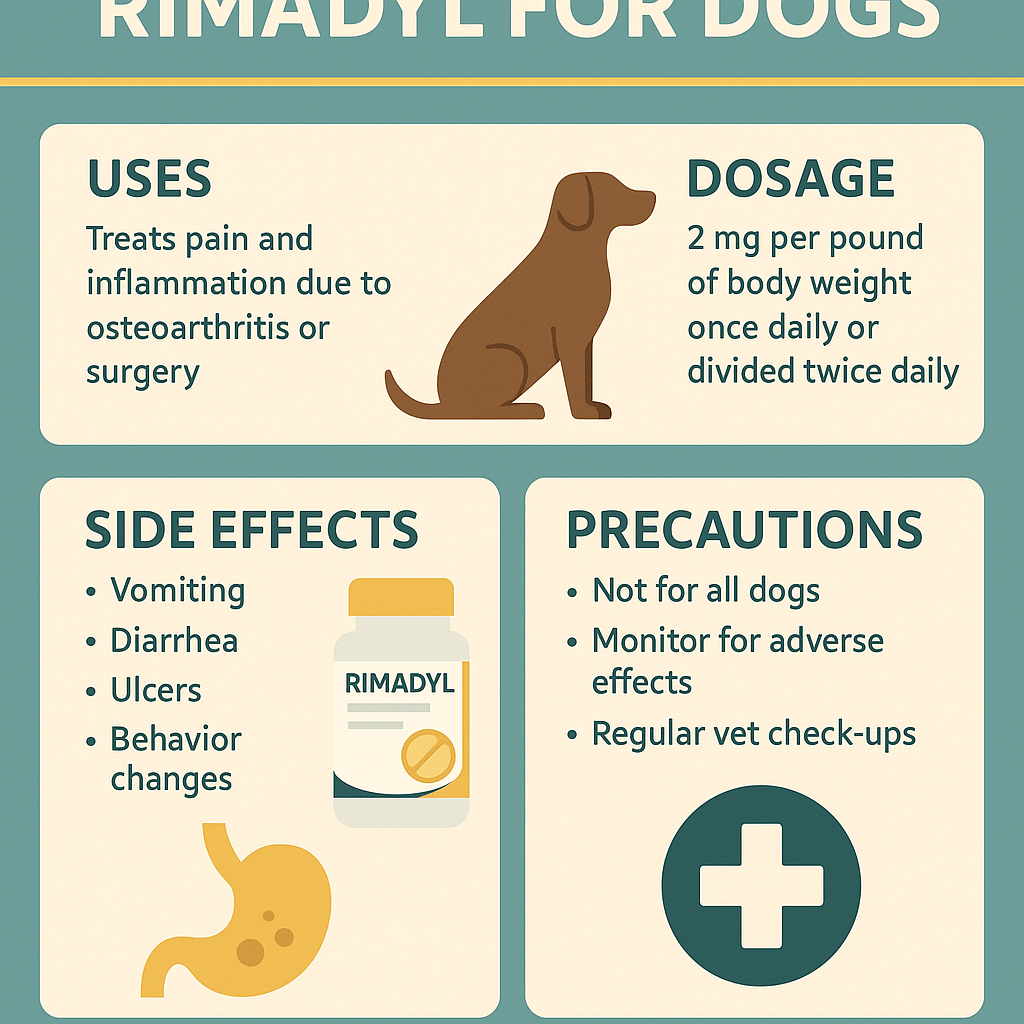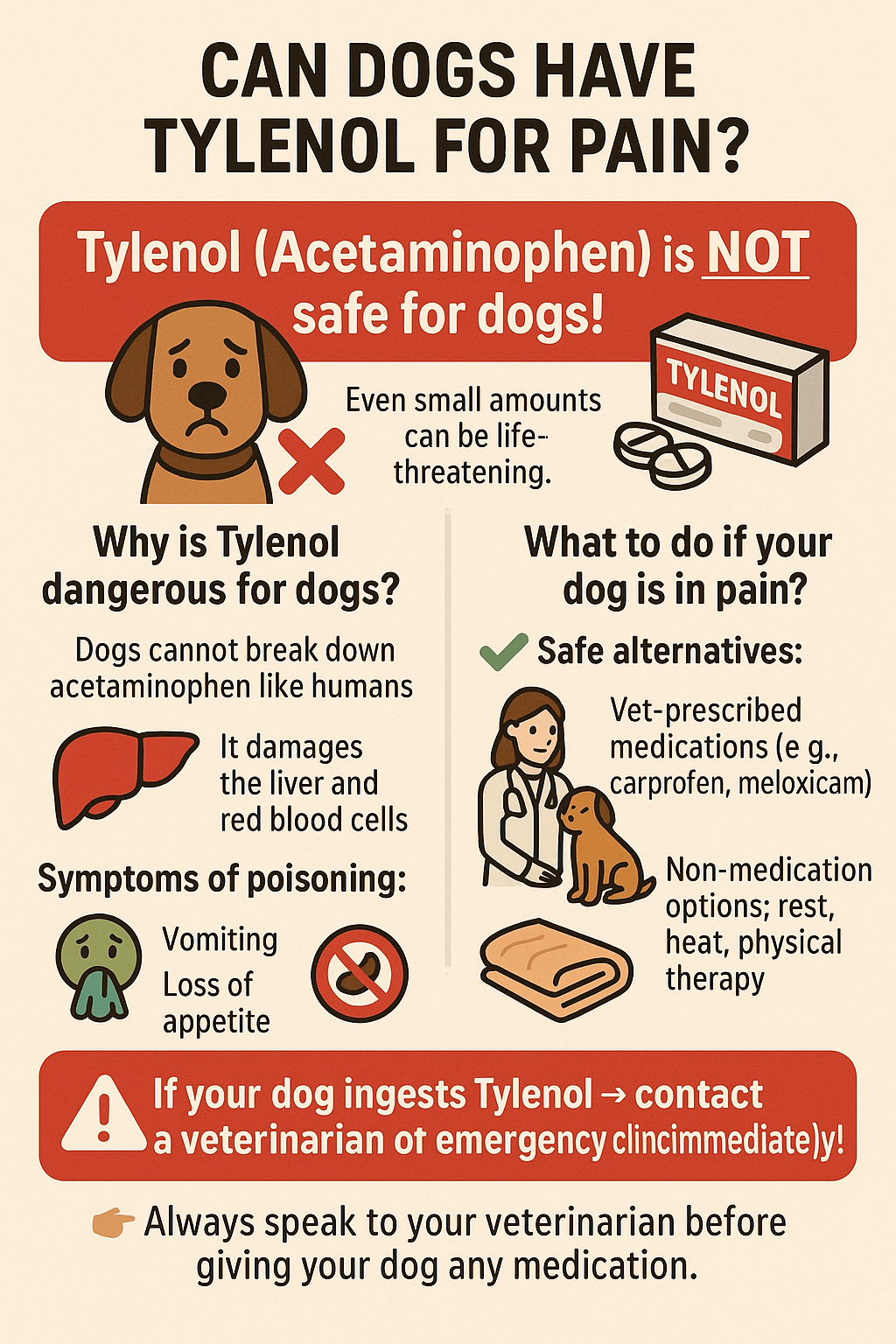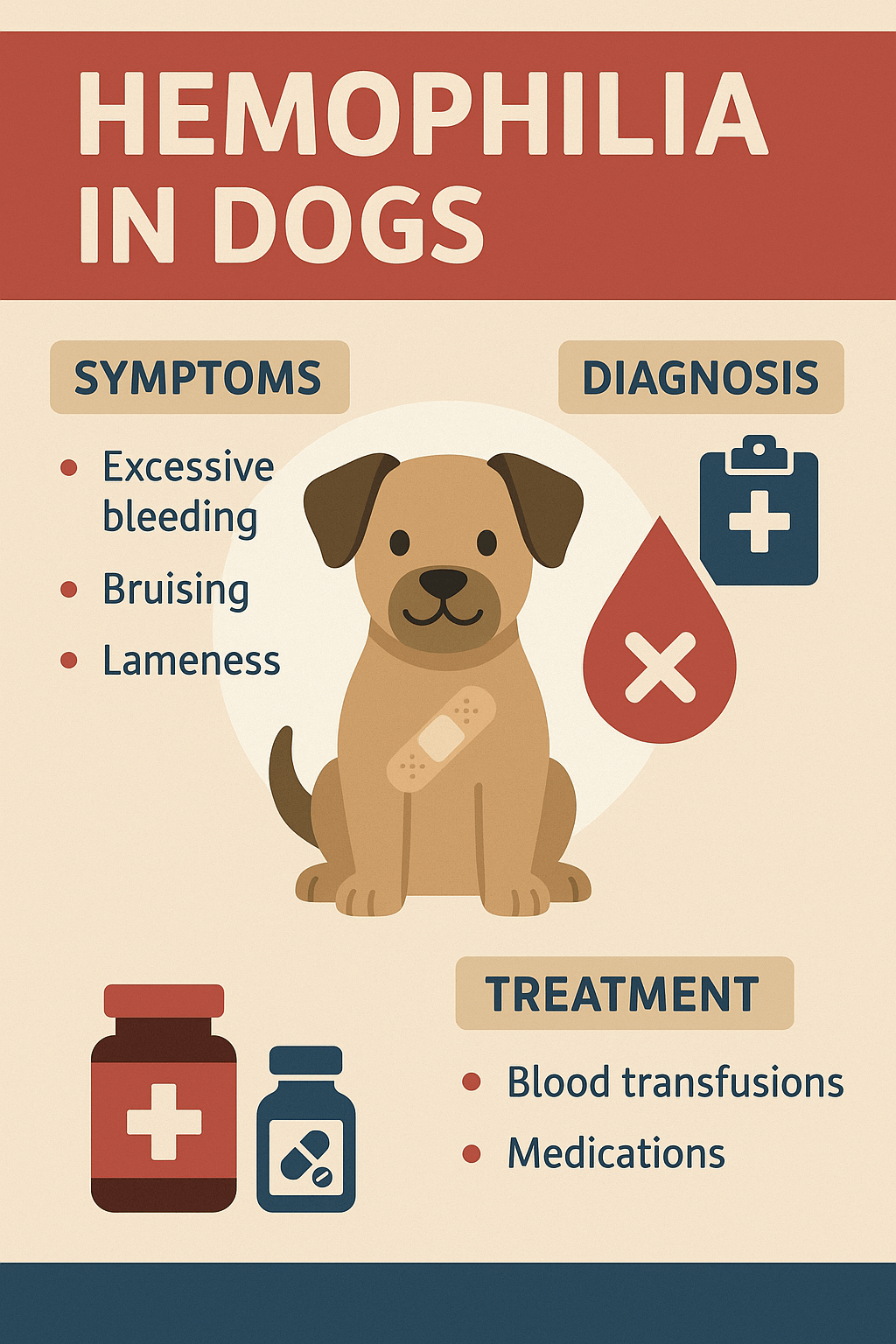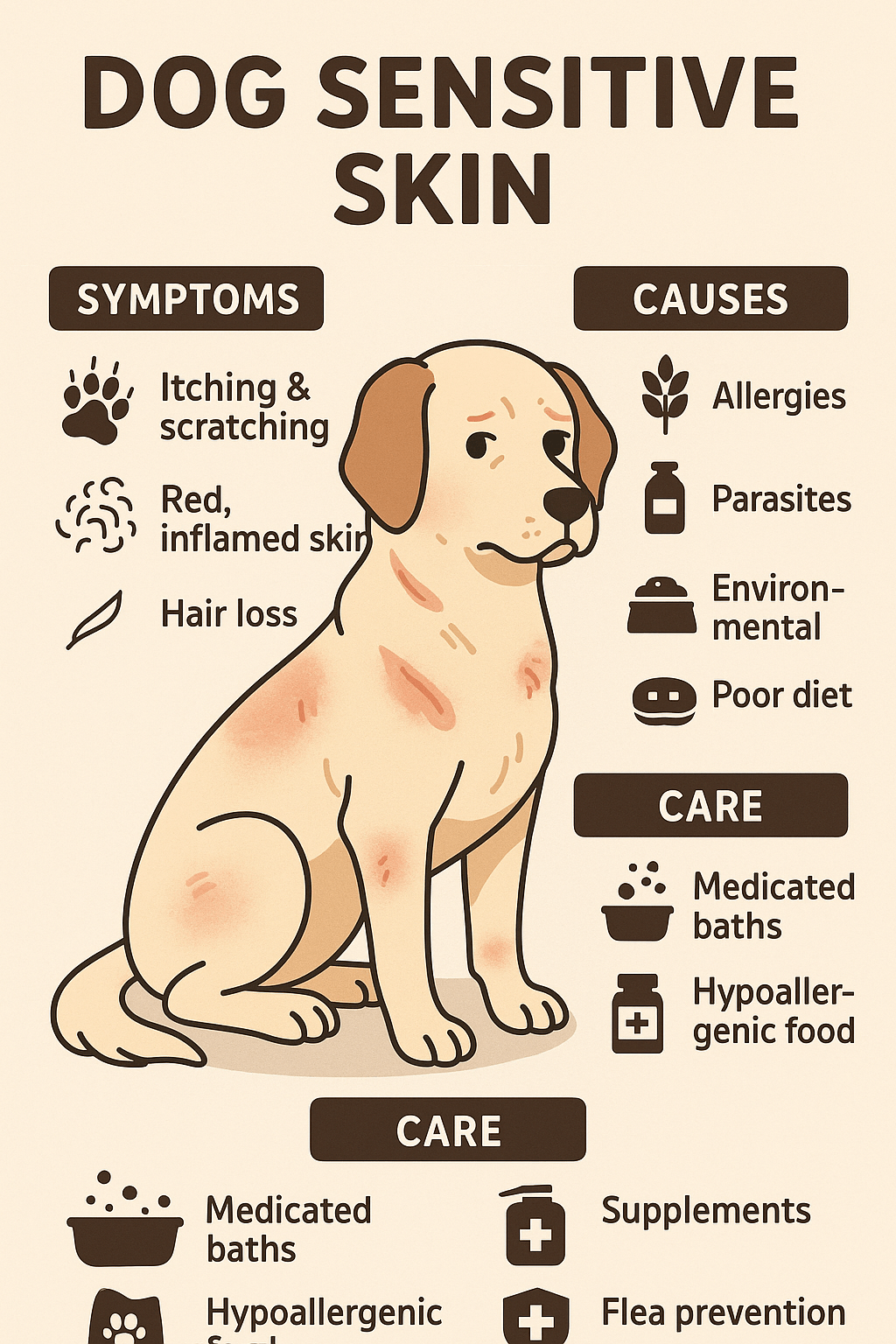Can I Use Peroxide on My Dog? Everything You Need to Know
As a pet owner, your dog’s health and well-being are always top priorities. From ensuring they get the right nutrition to keeping them safe from household hazards, you’re constantly on the lookout for ways to keep them happy and healthy. But what happens when you’re faced with questions about first aid or home remedies? One common question that arises is whether hydrogen peroxide can be used on dogs. While this household staple is often found in medicine cabinets, its use on pets requires careful consideration. In this blog post, we’ll explore the safety, benefits, and potential risks of using peroxide on your furry friend so you can make informed decisions.
Is Hydrogen Peroxide Safe for Dogs?
Before reaching for that bottle of hydrogen peroxide, it’s essential to understand how it interacts with your dog’s body and skin. Below, we’ve outlined key points to help you determine whether it’s safe to use and under what circumstances:
Veterinary Approval is Key
Always consult your veterinarian before using hydrogen peroxide on your dog. They can provide guidance tailored to your pet’s specific needs.Dilution Matters
If your vet approves its use, ensure the solution is properly diluted. A 3% hydrogen peroxide solution is typically recommended, but even this should be used sparingly.External Use Only
Hydrogen peroxide is generally safe for cleaning minor external wounds or disinfecting surfaces. Avoid applying it to sensitive areas like the eyes, ears, or mouth.Avoid Internal Use Unless Directed
In some cases, vets may recommend using hydrogen peroxide to induce vomiting if your dog ingests something toxic. However, this should only be done under professional supervision.Monitor for Adverse Reactions
Some dogs may experience irritation, redness, or allergic reactions. Stop use immediately if you notice any adverse effects.
Using hydrogen peroxide without proper knowledge can lead to unintended consequences. Always prioritize your dog’s safety by seeking expert advice.
Potential Benefits of Using Hydrogen Peroxide on Dogs
While caution is necessary, hydrogen peroxide does have some practical uses for dogs when applied correctly. Here’s a breakdown of its potential benefits:
Cleaning Minor Cuts and Scrapes
Diluted hydrogen peroxide can help clean minor wounds and prevent infection. It works by gently breaking down bacteria on the surface of the skin.Disinfecting Household Surfaces
Hydrogen peroxide is an effective disinfectant for cleaning surfaces your dog frequently comes into contact with, such as food bowls or toys.Removing Stains
For dogs with light-colored fur, hydrogen peroxide can help remove stubborn stains caused by dirt or saliva. Always test on a small area first.Ear Cleaning (Under Vet Guidance)
In some cases, veterinarians may recommend a diluted solution for cleaning your dog’s ears. Never attempt this without professional advice.Deodorizing Smelly Areas
If your dog has a habit of rolling in unpleasant-smelling substances, hydrogen peroxide can help neutralize odors on their fur.
While these uses can be helpful, remember that moderation and proper application are crucial to avoid harming your dog.
Check this guide 👉How Much Claritin Can I Give My Dog? Best 7 Expert Tips!
Check this guide 👉How Much Dramamine Can I Give My Dog? Best 7 Expert Tips!
Check this guide 👉Can I Give My Dog Imodium? Best 7 Expert Tips!

Safety Tips for Using Peroxide | Common Uses for Hydrogen Peroxide |
|---|---|
Consult your veterinarian before use | Cleaning minor cuts and scrapes |
Always dilute the solution appropriately | Disinfecting household surfaces |
Avoid sensitive areas like eyes and ears | Removing stains from light-colored fur |
Monitor for signs of irritation | Deodorizing smelly areas on fur |
Use only for approved purposes | Cleaning ears (under vet guidance) |
Risks and Precautions When Using Hydrogen Peroxide
While hydrogen peroxide has its uses, it’s important to be aware of the potential risks involved. Below are some key considerations to keep in mind:
Skin Irritation
Prolonged or frequent use can cause dryness, redness, or irritation on your dog’s skin. Limit its use to short-term applications.Delayed Healing
Hydrogen peroxide can damage healthy tissue if overused, potentially delaying the healing process of wounds.Toxicity Concerns
Ingesting undiluted hydrogen peroxide can be harmful to dogs. Keep the bottle out of reach at all times.Incorrect Dosage
Using too strong a concentration can harm your dog. Stick to the 3% solution unless otherwise directed by your vet.Not Suitable for Deep Wounds
For deeper injuries, hydrogen peroxide may do more harm than good. Seek veterinary care instead.
By understanding these risks, you can take steps to protect your dog while still benefiting from the appropriate use of hydrogen peroxide.
Alternatives to Hydrogen Peroxide for Dog Care
If you’re hesitant about using hydrogen peroxide, there are safer alternatives available for various needs. Here’s a list of options to consider:
Saline Solution
A simple saline solution is gentle on your dog’s skin and effective for cleaning minor wounds.Pet-Safe Shampoos
For stain removal or odor control, opt for shampoos specifically formulated for dogs.Vet-Recommended Ear Cleaners
Instead of DIY solutions, use ear-cleaning products approved by your veterinarian.Natural Disinfectants
Vinegar and water mixtures are excellent for disinfecting surfaces without harsh chemicals.Professional Grooming Services
For tough stains or persistent odors, professional groomers can provide safe and effective solutions.
These alternatives offer peace of mind while ensuring your dog stays clean, healthy, and comfortable.
Understanding the Role of Hydrogen Peroxide in First Aid Kits
Hydrogen peroxide is a versatile product often found in first aid kits, but its role in pet care requires careful consideration. Here are some important points to keep in mind:
Wound Cleaning for Emergencies
In urgent situations, hydrogen peroxide can be used to clean superficial wounds until professional help is available.Not a Substitute for Veterinary Care
While it can serve as a temporary solution, it should never replace a visit to the vet for proper treatment.Proper Storage is Essential
Always store hydrogen peroxide in a secure location to prevent accidental ingestion by curious pets.
In summary, while hydrogen peroxide can be a helpful first aid tool, it’s crucial to use it responsibly and seek professional advice when needed.
Signs Your Dog May Need Medical Attention
Even if you’ve used hydrogen peroxide safely, there are certain signs that indicate your dog may need immediate veterinary attention. Keep an eye out for the following symptoms:
Excessive Licking or Chewing
If your dog obsessively licks or chews the area where peroxide was applied, it could indicate irritation or discomfort.Swelling or Redness
Noticeable swelling or redness around the application site may signal an allergic reaction or infection.Lethargy or Behavioral Changes
Sudden changes in energy levels or behavior could suggest a more serious underlying issue.Vomiting or Diarrhea
These symptoms may occur if your dog accidentally ingests hydrogen peroxide and require prompt medical care.Difficulty Breathing
Labored breathing is a critical sign that warrants emergency veterinary intervention.
If you observe any of these symptoms, contact your vet immediately to ensure your dog receives the care they need.
Tips for Preventing Accidental Exposure
Preventing accidental exposure to hydrogen peroxide is just as important as knowing how to use it safely. Here are some tips to keep your dog safe:
Label All Containers Clearly
Ensure all bottles containing hydrogen peroxide are clearly labeled to avoid confusion with other liquids.Keep Products Out of Reach
Store hydrogen peroxide and other chemicals on high shelves or in locked cabinets to prevent curious pets from accessing them.Supervise During Use
If you’re using hydrogen peroxide around your dog, supervise them closely to ensure they don’t lick or come into contact with it.Dispose of Unused Solutions Properly
Avoid leaving leftover hydrogen peroxide solutions within your dog’s reach after use. Dispose of them safely.Educate Family Members
Make sure everyone in your household understands the importance of keeping harmful substances away from pets.
By taking these precautions, you can minimize the risk of accidental exposure and create a safer environment for your furry companion.
Frequently Asked Questions About Using Peroxide on Dogs
Can I use hydrogen peroxide to clean my dog’s teeth?
No, hydrogen peroxide should not be used for dental care. It can irritate your dog’s gums and throat.
How do I know if my dog is allergic to hydrogen peroxide?
Watch for signs like excessive itching, swelling, or redness after application. Discontinue use and contact your vet if these occur.
What concentration of hydrogen peroxide is safe for dogs?
A 3% solution is generally considered safe, but only when diluted further and used sparingly.
Can hydrogen peroxide be used to treat hot spots?
It’s best to avoid using it on irritated skin. Consult your vet for proper treatment options.
Is hydrogen peroxide safe for puppies?
Due to their sensitive skin and developing immune systems, it’s best to avoid using it on puppies unless advised by a vet.
Final Thoughts: Prioritize Your Dog’s Health and Safety
When it comes to using hydrogen peroxide on your dog, knowledge is power. While it can serve as a useful tool in certain situations, its improper use can pose significant risks. Always consult your veterinarian before attempting any home remedies, and remember that moderation is key. By staying informed and prioritizing your dog’s unique needs, you can ensure they remain happy, healthy, and thriving. After all, our furry companions deserve nothing less than the best care we can provide.
Rimadyl for Dogs: Best 7 Expert Tips! Discover expert advice on using Rimadyl safely, managing pain, and improving your dog’s mobility with trusted veterinary insights.
Can Dogs Have Tylenol for Pain? Best 7 Expert Tips! Discover the risks, safe alternatives, and expert advice on managing your dog’s pain effectively while avoiding harmful medications.
Understanding Hemophilia in Dogs: Best 7 Expert Tips! Discover expert advice on managing hemophilia, recognizing symptoms, and ensuring your dog’s well-being with practical care strategies.
Understanding Dog Sensitive Skin: Best 7 Expert Tips! Discover expert advice on managing dog sensitive skin, relieving irritation, and improving your pup’s comfort with practical solutions.





